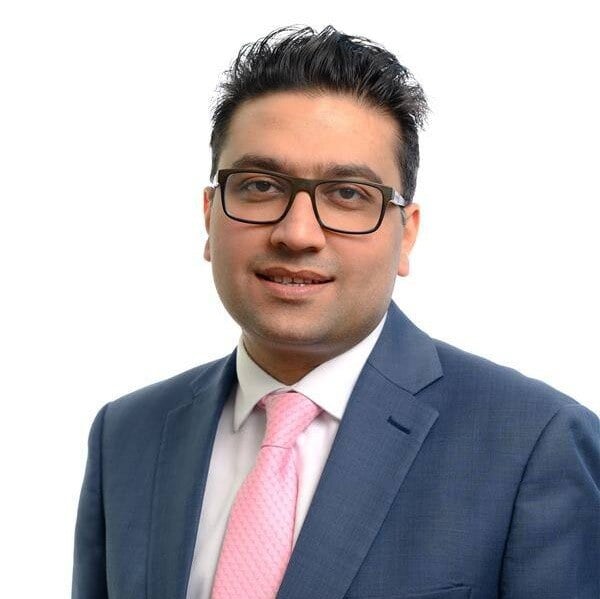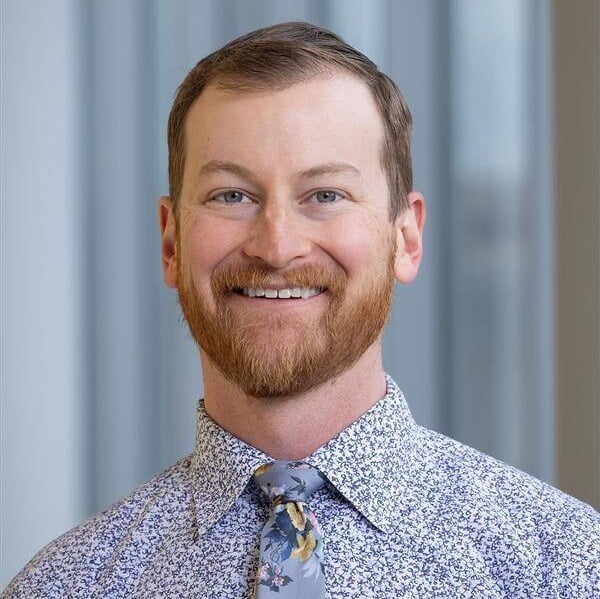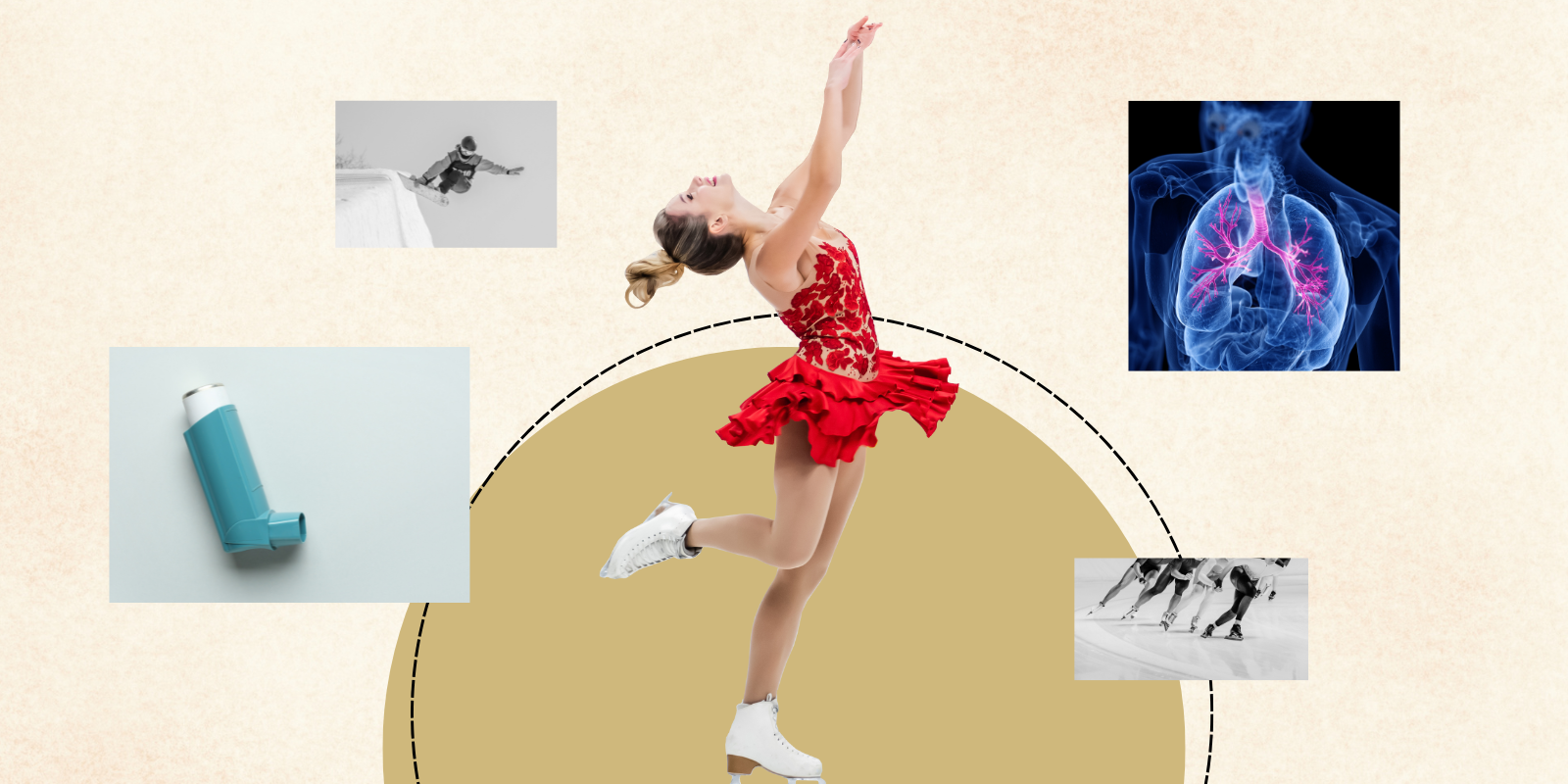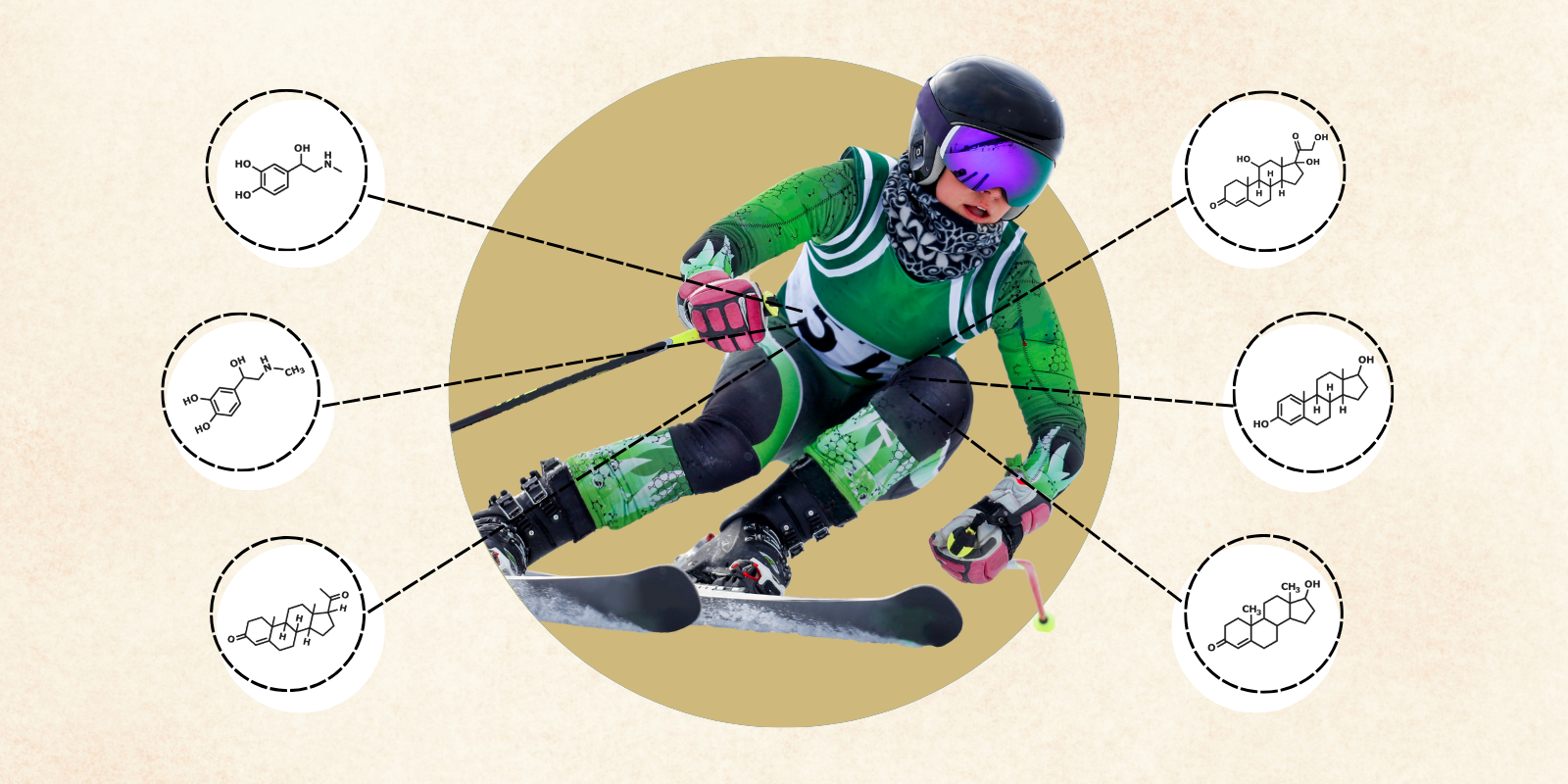-
Clickbait and spelling check
Bilal, a visiting associate professor in the Division of Gastroenterology and Hepatology, has garnered thousands of followers on his own social media platforms and contributed to numerous research papers on the power of social media in the medical field.
As a social media expert, one of his main pieces of advice is to look for the use of clickbait to garner people’s attention — such as someone claiming that if you use a certain product, then you will lose 20 pounds or will look 20 years younger.
Candee, an instructor in the Division of General Internal Medicine, agrees, explaining that if someone is claiming a product can cure a disease or deliver overnight results, then the information is most likely false.
“Misinformation is usually flashy and plays into fears, shock, anger, and awe in order to be persuasive. The more outlandish something seems, the more important it is to see if other sources are reporting the same information,” Candee says. “If something seems too good to be true, unrealistic, causes pain or discomfort, or claims to have knowledge that the medical community isn’t aware of, then it probably needs more investigation.”
Candee also recommends looking for spelling or grammatical errors, saying: “Many scams or posts with misinformation often have errors or misspellings, whereas legitimate news sources use a professional tone and are double checked for accuracy.”
-
Consider the source — and their motivations
When you see health advice online, it’s important to look at who is posting the information and what their credentials are, Bilal advises. For example, do they mention on their profile where they work for, what expertise they have, or list a website that explains their credentials and experience?
“Having a high number of followers does not mean that the person is posting factual content. I urge people to ask the poster what their credentials are or their sources,” Bilal says. “It’s also very easy to do a quick Google search or to look up their name on the website PubMed to see what their credentials are. That’s usually my first way of testing whether the information being presented may be factual or not.”
Candee cautions that many of the health and wellness influencers on social media do not have medical training. “Not only that, but, by nature, their main goal isn’t to promote health — it’s to get likes and views on their content,” he adds.
Something to look for is whether the social media influencer is trying to sell certain products or services as a solution to health issues. If they are asking people to pay or subscribe for their services, this may be a clue that they are spreading misinformation for profit, Candee explains.
-
Verify the information with other sources
Checking other sources is a key step to figuring out if a viral social media health trend is valid. For example, if Bilal sees an intriguing post, he will look at who has re-shared the information or commented on it. What are those people’s credentials? Did a national leader or health organization share that information? If yes, then that may be a clue that the information has validity to it.
It is also helpful to look at what national health organizations are saying. For example, if you hear heart health advice on TikTok, you can check the American Heart Association or American College of Cardiology to assess if the information is valid.
“If you're thinking about gastroenterology, we have the American College of Gastroenterology, the American Gastroenterological Association, and the American Society for Gastrointestinal Endoscopy, which have educational materials for the public to help cross check information,” Bilal says.
Credible information will be backed up with facts, Candee explains, saying: “The most robust medical advice will be backed up by numerous respectable sources. If the author is not a healthcare professional, then their sources should be.”
When looking at those sources, Candee advises checking when they were published, saying, “There are countless studies available for consumption that are outdated. Be sure what you are reading is current, as old news may be incorrect or misleading.”
Other websites that can help you figure out the validity of the information are Snopes and FactCheck.org, Candee says. Additionally, the Centers for Disease Control and Prevention, the National Institutes of Health, and the World Health Organization publish validated medical information and can be used to check social media claims.
-
Ask local experts
One of the best ways to check the validity of health advice you’ve seen on social media is to ask local health care professionals.
In his work, one of the most common health trends patients ask Candee about are supplements to help prevent memory loss and dementia. When approached with these questions, Candee reviews the potential benefits and risks with his patients based on medical studies. Typically, these conversations involve Candee explaining that there is no guarantee that these supplements will work, but if the supplement is unlikely to be dangerous, then the patient can try it out if they want.
“On the other side of the coin, though, I have had patients ask questions about fads that could be potentially dangerous, such as fasting for one week or longer to help with weight loss,” he says. “In this circumstance, I try to address the scientific fact the trend is based on — our bodies generally can fast for one week and this will lead to weight loss — but that there are many negative health effects that can happen as a consequence of this.
“We also review the many negative consequences on health that can go along with this health trend that are generally not discussed by the social media influencers,” he adds.
In addition to talking directly to patients, health care leaders like Bilal are using social media as a tool to spread factual information and combat misinformation. For instance, in 2023, there was a large study on colon cancer screening that came out of Europe, and many media and news outlets erroneously reported that the study’s conclusion was that colon cancer screening was not effective.
“But they were just taking bits and pieces of the study,” Bilal says. “It became a viral trend, so a lot of leaders in the gastrointestinal field, including myself, went to social media to explain why this was not accurate and share our guidance, which was developed by colon cancer experts.”
“Today, there are leaders in every field of medicine that use social media platforms for education,” Bilal adds. “We want our patients to be as informed as possible, but we advise them to try to be thoughtful about where they get information. I think asking health care providers and physicians is key.”
-
Proceed with caution
When deliberating whether you can trust certain health advice on social media, it is important to consider the potential consequences of following the health advice. Bilal explains there are different levels of harm — such as financial harm from buying a product you don’t need, a loss of time doing something that won’t work, or potential harm to your physical or mental health.
Candee cautions that when health crises such as the COVID-19 pandemic occur, it can create a setting where people are more vulnerable to online misinformation and harmful consequences, underscoring the importance of cross-checking sources and looking for guidance from accredited organizations.
People from historically marginalized and underrepresented communities may be more vulnerable to misinformation as well, he explains.
“Those who have historically developed a distrust of physicians or the pharmaceutical industry can be particularly targeted by influencers who know that they have fewer trusted medical resources,” Candee says. “Individuals in these populations are disproportionately vulnerable because they have been mistreated or exploited by the medical establishment, which can make them particularly vulnerable to misinformation related to health.”
Candee also recommends not comparing yourself to influencers on social media, as much of the content on social media has been edited and filtered to look a certain way.
“Seeing these things portrayed so often can put you in a vulnerable state, which can prompt you to make a hasty health decision based on emotion,” Candee says. “When making decisions about your own personal health, don’t make hasty decisions and make sure to spend time doing research, which may include doing your own research as well as talking to a trusted health care professional.”
Although social media platforms can perpetuate health misinformation, both Candee and Bilal agree that these platforms can also be a force for good, helping empower patients with credible information and foster a sense of community within medical and scientific fields.
“It's great that our patients are on these platforms, and they take ownership of their health,” Bilal says. “But it’s also important to understand how to filter out what information is truly valuable, what information is not valuable, and what information is harmful.”





